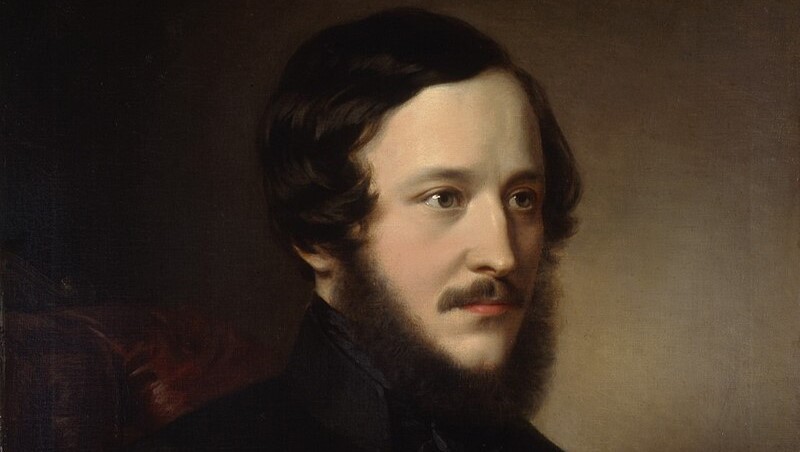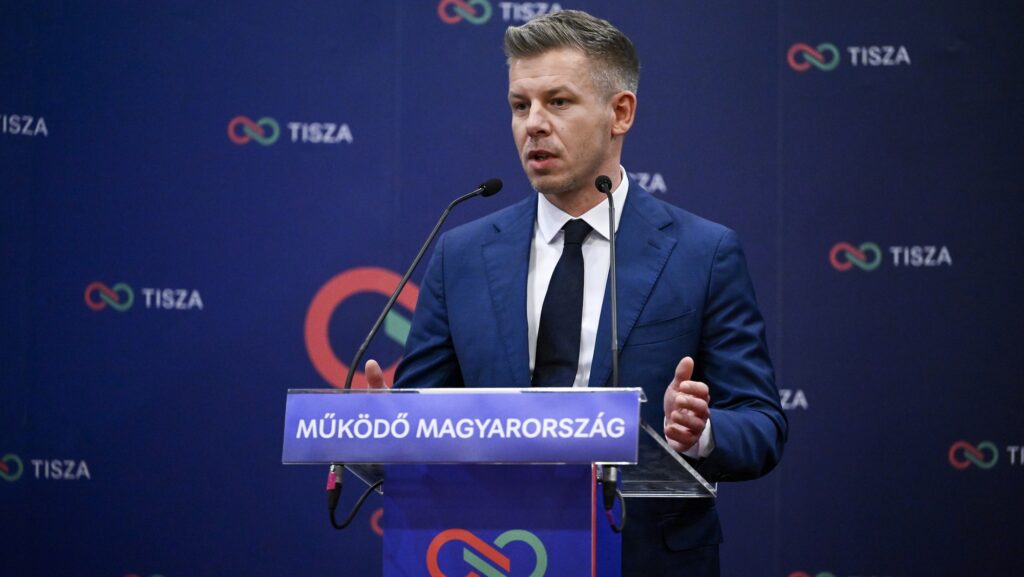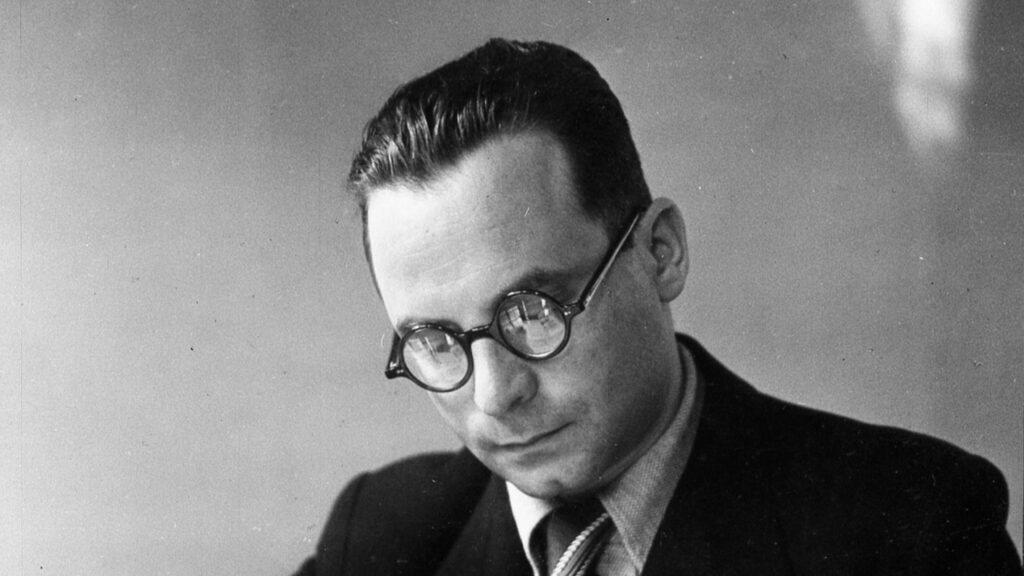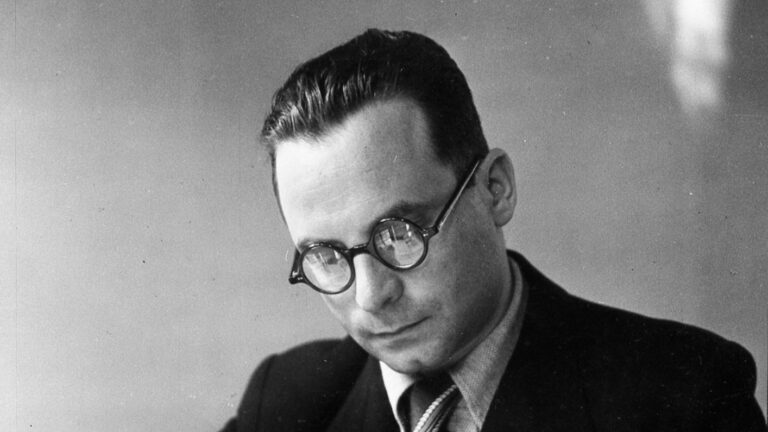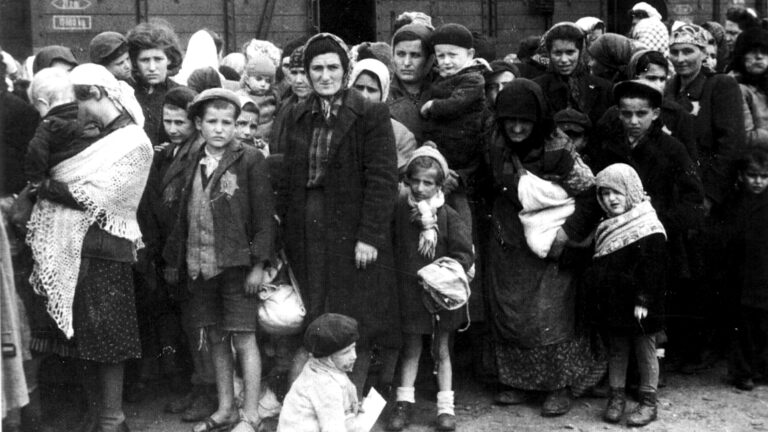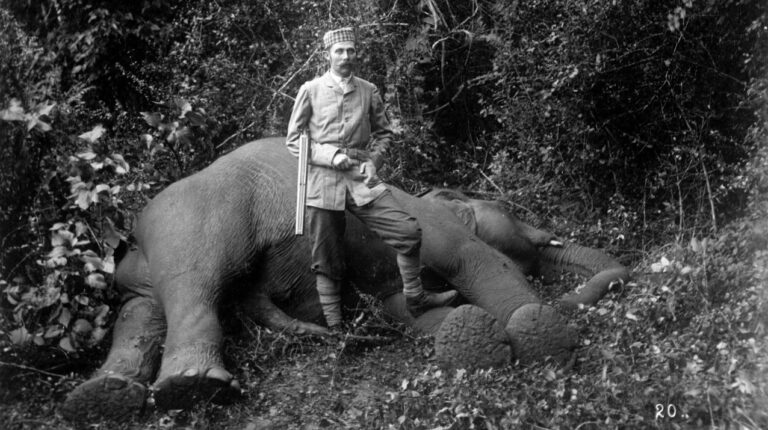The article is a product of the project titled Conservative Case in Education, supported by Mathias Corvinus Collegium Learning Institute.
‘Even iron cannot resist time, and so it is with man. If put to work, it wears down; if left lying on the ground, rust consumes it. Since we must perish either way, it is a hundred times better to wear out than to rust away. This is my answer to those who disapprove of my work.’
(József Eötvös)
Baron József Eötvös (1813–1871) had received disapproval and criticism in his role as a public figure. He was too progressive for the aristocrats and the church, but he was too moderate for the revolutionists. Following the publication of his final work, Thought (Gondolat), he faced criticism from clerics for being godless, and from the irreligious for being overly pious. ‘He became increasingly isolated in political life.’[1] Nonetheless, he was the only minister to serve both in Batthyány’s revolutionary government and in Andrássy’s compromise government as Minister of Public Education.
He was a prominent student, but according to anecdotes, he learned as a child, being excluded from his class, that his father and grandfather were considered traitors of the nation.[2] This experience motivated him to master the Hungarian language thoroughly, and his dedication to serving the nation may have originated from this experience, as well as from the education he received from his teacher, József Pruzsinszky. Attending a public school, the Royal Catholic Gymnasium in Buda, greatly contributed to the development of his character.[3]
Eötvös, the Public Servant
By the age of 20, he had completed his law degree and became a licensed lawyer. He worked in county administration and at the Hungarian Royal Court Chancellery in Vienna, gaining valuable experience. In 1832, with his father, he attended the Diet in Pozsony, where he met prominent Hungarian political leaders such as István Széchenyi, Lajos Kossuth, Ferenc Kölcsey and Ferenc Deák. He was especially inspired by the speeches of Kölcsey and Deák. Kölcsey took the young man under his wing and became his mentor and friend.[4] After a few years as a bureaucrat, he travelled with his friend Ágoston Trefort to Switzerland, France, Germany, and other countries. These foreign study tours further broadened his horizons as he explored Western Europe.
From late 1839, Eötvös split his time mainly between Pozsony and Pest, attending sessions of the Upper House in Pozsony. He joined the opposition led by Lajos Batthyány, closely supporting the views of the Lower House and Ferenc Deák. He became a leading young figure in the party. His role in this parliament was defined by his stance on three key issues: religion, the emancipation of Jews, and freedom of speech.[5]
In 1847, Eötvös was elected president of the Kisfaludy Society, so he did not participate in the 1847–48 parliamentary struggles in Pozsony. However, he soon joined the new government. On 7 April, the king appointed the ministers, including Eötvös as Minister of Religion and Public Education. Despite holding an important position, his ability to act was limited. As the revolutionary events intensified in the autumn of 1848, he decided to flee the country, returning to Hungary only in 1851.[6] During the oppressive years that followed, he avoided public life.
In the 1860s, he became politically active again, supporting Ferenc Deák and becoming close friends with Gyula Andrássy. He served as a representative for Buda in the parliaments of 1861 and 1865, playing a key role in discussions leading to the Austro–Hungarian Compromise of 1867. After the Compromise, he resumed his role as Minister of Religion and Public Education.
‘Eötvös stood at the crossroads of literature and politics, using fiction as a tool of national self-reflection and moral reform’
As minister, Eötvös approached education reform with a comprehensive vision that embraced all levels of learning, from elementary to higher education, as well as cultural institutions like museums and art galleries. Recognizing education as the foundation for the nation’s future, he prioritized improving public education by promoting practical and accessible teaching, expanding school infrastructure, and increasing teachers’ salaries to prevent them from seeking outside work.
He emphasized the importance of training qualified teachers through the establishment of teacher training colleges, including residential and women’s training institutions, and worked to provide schools with necessary textbooks and educational materials in multiple languages to serve Hungary’s diverse population.
Eötvös also introduced reforms in secondary education by updating regulations, raising teachers’ pay, expanding existing schools, founding new institutions, and preparing specialized training for art and university teachers. Additionally, he reorganized law academies by standardizing curricula and teacher appointments. To create greater cohesion across the educational system, he envisioned a large, inclusive educational council connecting teachers from all levels, a project that ultimately remained unfinished due to his death. Throughout, Eötvös’s reforms reflected his belief that education was central to Hungary’s social and cultural progress, and he tirelessly worked to modernize and unify the country’s educational framework.[7]
Eötvös as a Great Literary Figure
Eötvös stood at the crossroads of literature and politics, using fiction as a tool of national self-reflection and moral reform. Though born into an aristocratic family aligned with the Habsburg autocracy, his literary identity emerged in deliberate opposition to that heritage. Influenced by his German mother’s refined sensibility and a tutor shaped by the ideals of the French Enlightenment, he turned to writing as a way to reconcile personal experience with the broader course of national history.

He started writing poems in his teenage years, translated Goethe, and even published a dramatic piece at a young age. His journey to France inspired The Carthusian (A karthauzi), and after the travels with Trefort, he returned to Ercsi, where he focused on his writings. He frequently contributed to the few Hungarian journals of his time and initiated several literary projects, including The Flood Book of Budapest (Budapesti Árvízkönyv). He also helped launch theBudapest Review (Budapesti Szemle), a scholarly journal focused on political and legislative issues through expert essays. For his combined work in science and literature, he was elected an honorary member of the academy in 1839 and was chosen to deliver a memorial speech about Kölcsey.
The Village Notary (A falu jegyzője) marked his arrival as a sharp social critic, depicting the decay of the Hungarian nobility, gaining recognition beyond Hungary’s borders. In Hungary in 1514 (Magyarország 1514-ben), he extended this critique to the peasantry’s revolt, sympathizing with their despair while warning of revolutionary excess. Even though his writing could be hard to understand sometimes, his stories always supported liberal change because he believed literature should teach and inspire people. His later works, including The Sisters (A Nővérek) and the novella The Miller’s Daughter (A molnárleány),grew more psychologically nuanced and pedagogically driven, rooted in the conviction that social progress depended on human character formation. Even during times of political isolation, Eötvös remained dedicated to writing with a clear purpose. After his death, he was celebrated as a writer who introduced realism and moral awareness to Hungarian literature.
[1] Géza Hegedüs, Portrait Gallery of Hungarian Literature, Budapest, Móra Ferenc Youth Publishing House, 1976.
[2] Zoltán Ferenczi, Baron József Eötvös 1813–1871, Hungarian Historical Biographies, ed Gyula Schönherr, Budapest, Hungarian Historical Society, 1903.
[3] Jenő Pintér, History of Hungarian Literature: Vol. 6. Hungarian Literature in the Second Third of the 19th Century. József Eötvös. The Life of József Eötvös, Budapest, Hungarian Literary History Society, 1933.
[4] Ferenczi, 1903.
[5] Ferenczi, 1903.
[6] Pintér, 1921.
[7] Ferenczi, 1903.
Related articles:

